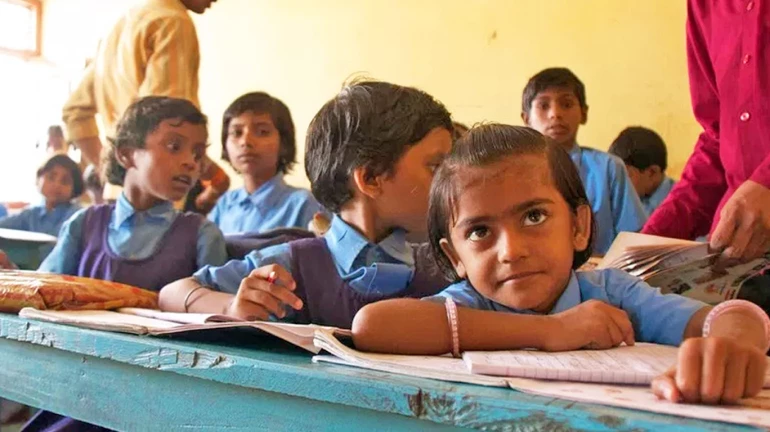
In a significant education reform, the Maharashtra government has announced a revised structure for its state scholarship examinations, set to take effect from the 2025–26 academic year. The decision, outlined in an official release, shifts the focus of the exams back to Classes 4 and 7, a format that had been followed prior to 2015.
Officials have conveyed that during the transition phase, the final round of Class 5 and 8 scholarship exams will be conducted in February 2026, while the new Class 4 and Class 7 exams are scheduled for April or May 2026. From the 2026–27 academic session, these examinations will be held regularly for Classes 4 and 7, reinstating the earlier pattern that was found to be more effective in promoting student participation and academic performance.
The revised structure comes with an enhanced financial incentive, as the government has increased the annual scholarship amounts to ₹5,000 for Class 4 students and ₹7,500 for Class 7 students. A total of 16,693 scholarships will be granted at the primary level (Class 4) and 16,588 scholarships at the upper-primary level (Class 7).
Officials from the education department explained that the scholarship scheme, which was first introduced in 1954–55, had been designed to encourage meritorious and economically disadvantaged students from both rural and urban areas. The decision to revert to the earlier class levels was taken after data revealed a decline in student participation following the 2015 revision, which had moved the exams to Classes 5 and 8.
Under the new rules, students from all recognised educational institutions—including government, aided, unaided, permanently unaided, and self-financed schools—will be eligible to appear for the scholarship exams. Learners enrolled under CBSE, ICSE, and other recognised boards will also be allowed to participate, provided they meet certain conditions specified by the Examination Council.
Eligibility criteria have also been clearly defined. For the Class 4 exam, the maximum age limit has been set at 10 years (and 14 years for students with disabilities), while for the Class 7 exam, the limit will be 13 years (and 17 years for students with disabilities), as of June 1 of the examination year.
The examination fee will be ₹200 for students in the general category, and ₹125 for those belonging to Scheduled Caste, Scheduled Tribe, Nomadic Tribe, Denotified Tribe, and disabled categories. Additionally, each participating school will need to pay a ₹200 annual registration fee to the Examination Council.
The government has further clarified that the primary scholarship exam (Class 4) will continue to be conducted jointly with entrance tests for government, tribal, and denotified and nomadic tribe Vidyaniketans, ensuring equitable access to educational advancement opportunities. Each scholarship awarded under the scheme will remain valid for three years, thereby offering sustained support to deserving students.





